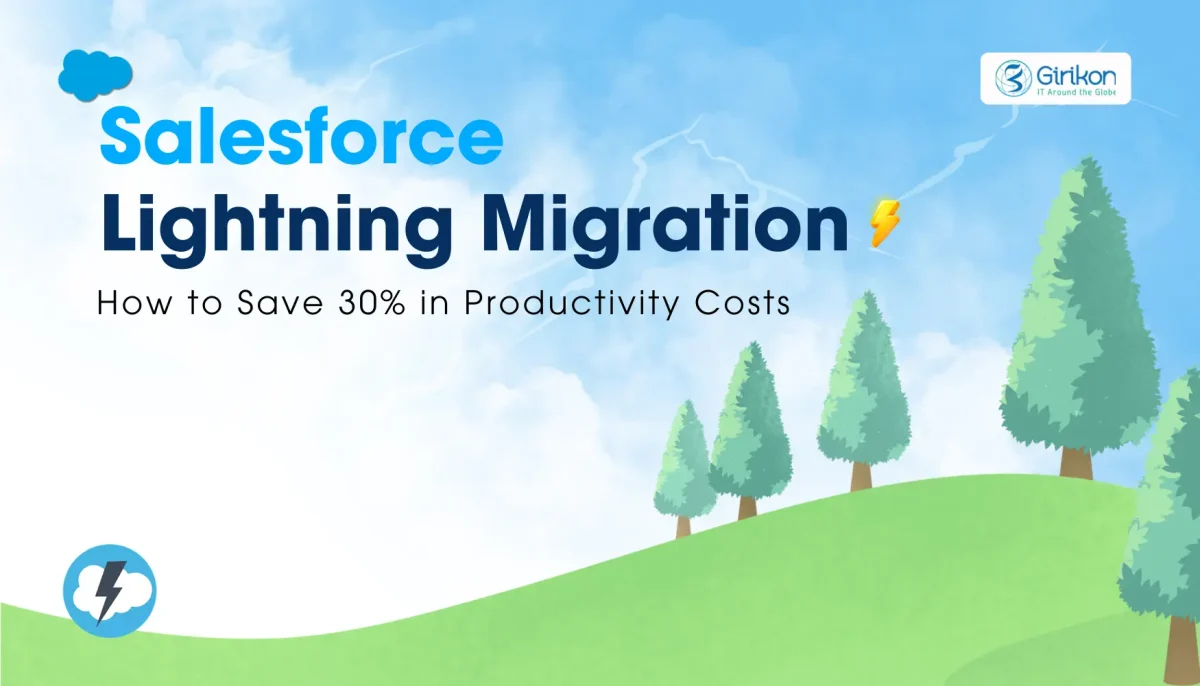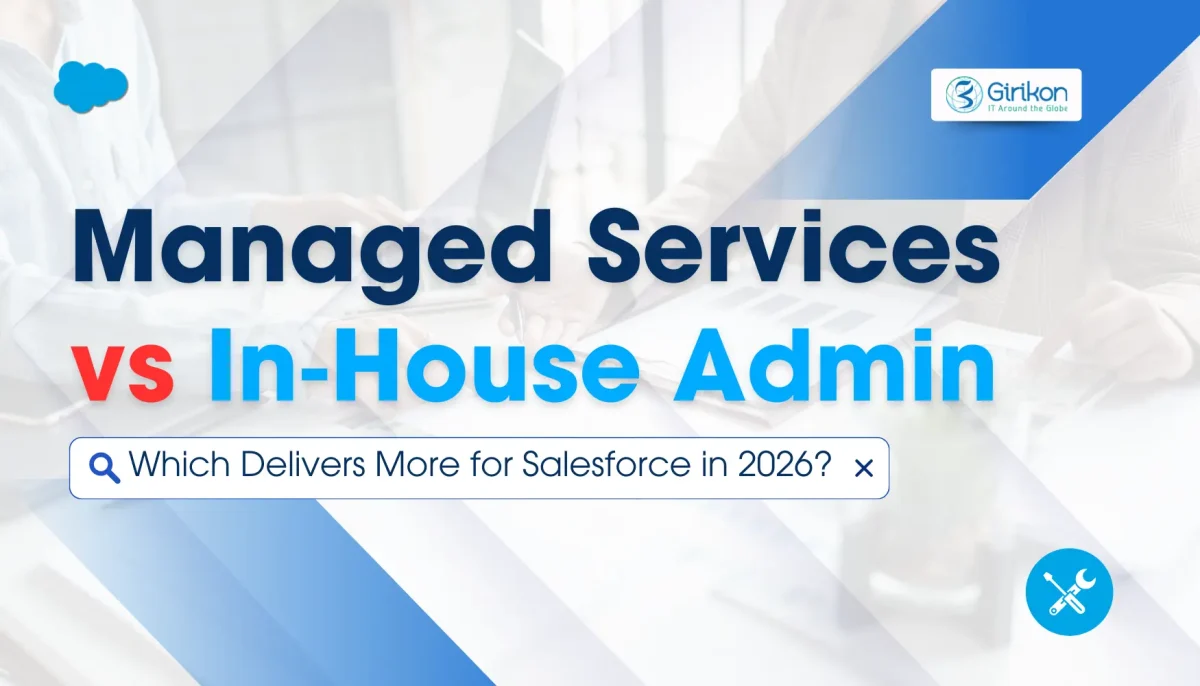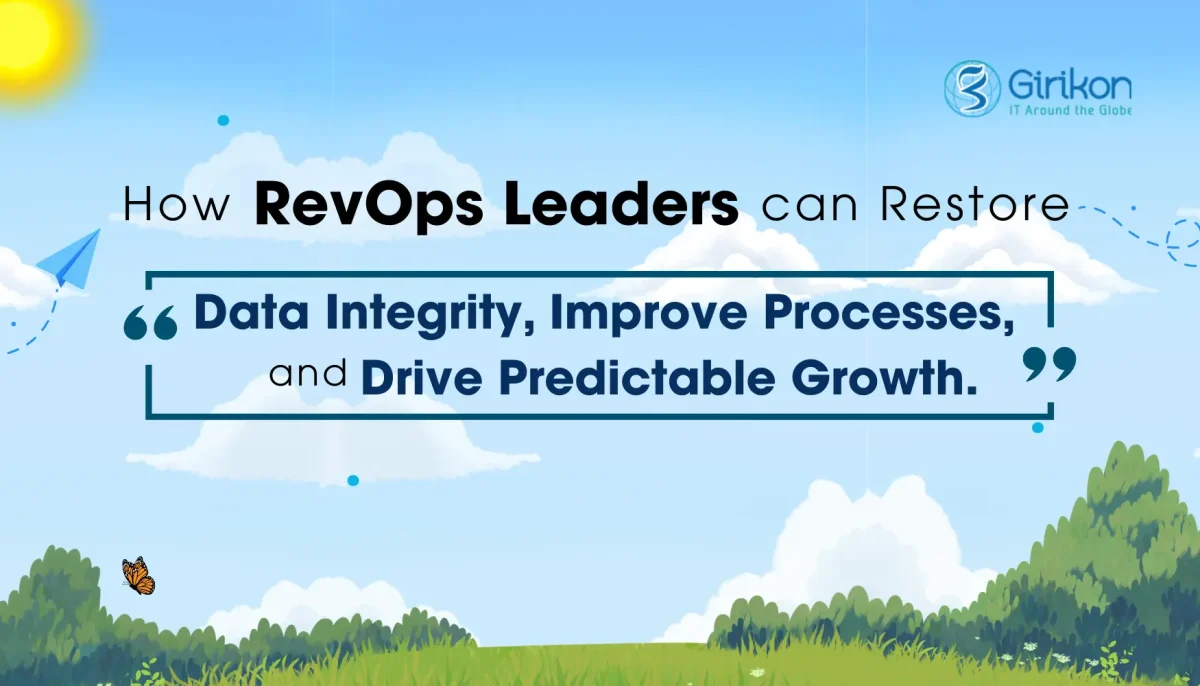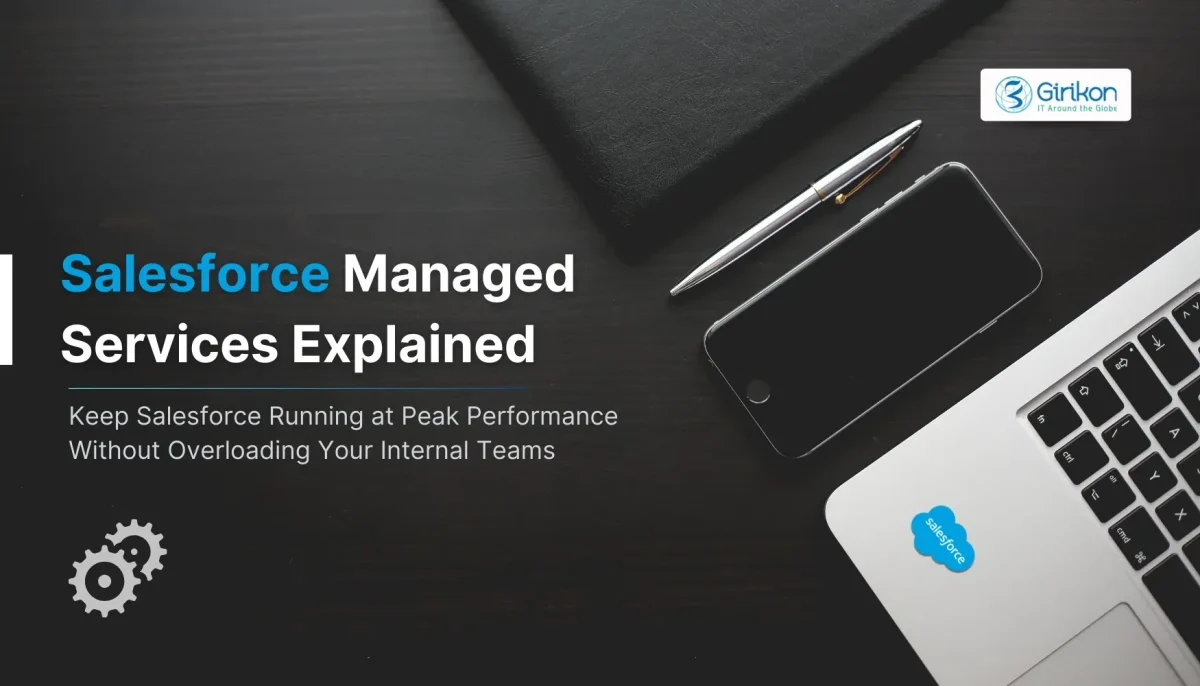Businesses across the globe are turning to AI agents to raise their customer engagement. This is an obvious sign of where the future is heading. AI-driven automation isn't any out-of-the way experiment; it’s a strategic investment. And at the forefront of this undertaking is Salesforce Agentforce. However, just like any new and transformative technology, adoption is followed by certain hindrances. From integration complexities to user adoption blockades, businesses must go through a steep learning curve before they can fully harness the potential of Agentforce. Businesses must avail Salesforce implementation services to implement this platform.
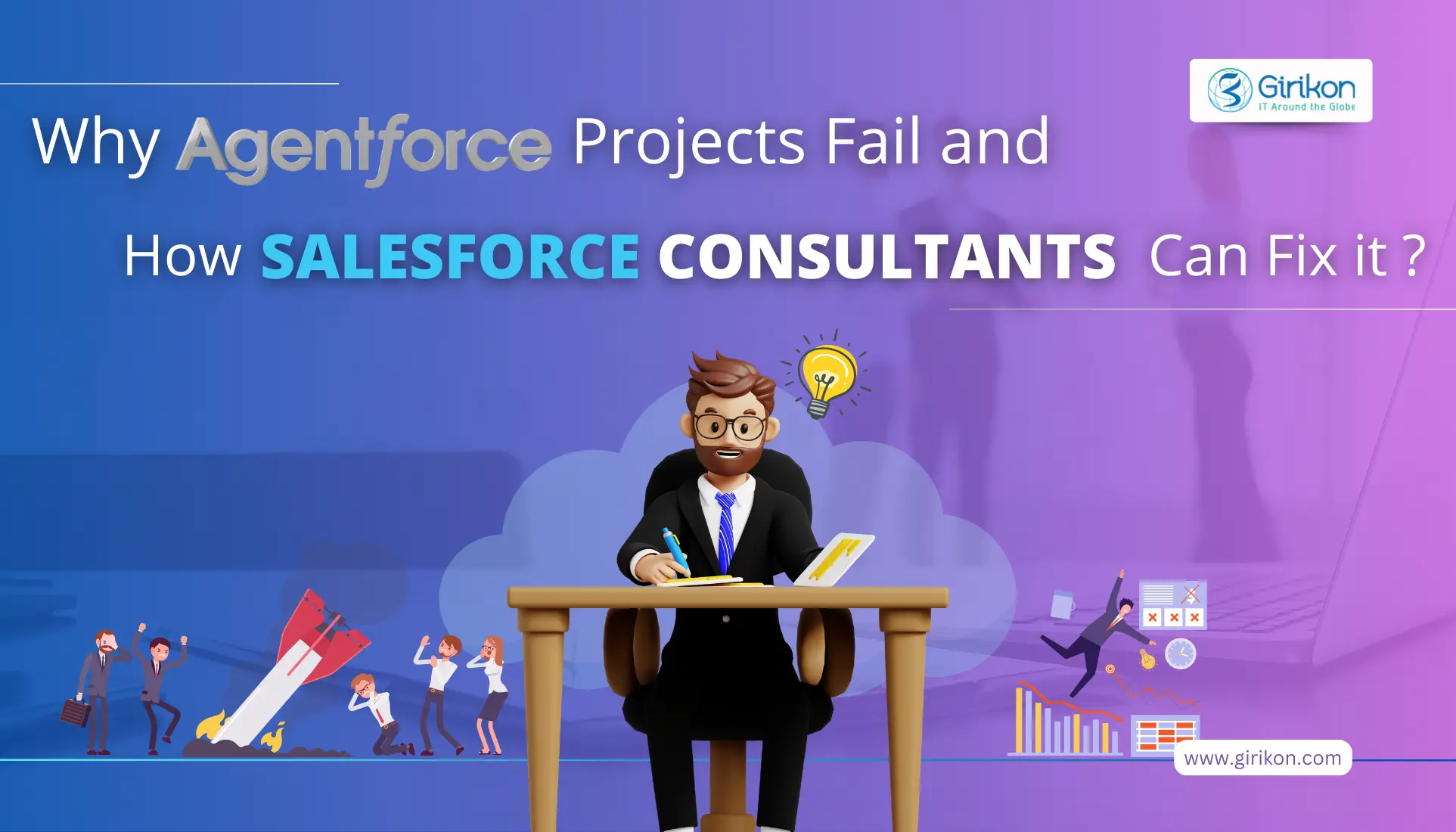
When Agentforce projects fail, the common debate among stakeholders is whether the problem lies with the technology or its implementation. In fact, the platform holds a lot of potential; the real obstacles usually appear in how it’s strategized, configured, and adopted. Let’s understand the most common reasons why Agentforce projects fall apart and how one of the best Salesforce consultants can fix them:
Unrealistic Expectations: One of the most common reasons why Agentforce projects fail are unrealistic expectations. When executives know about AI-enabled virtual assistants that are capable of managing tasks independently, transformations can happen overnight. However, without a clear guideline, contemplations can flow down the drain. This disarrayed alignment often leads to dissatisfaction with pressure on teams to over-deliver. To avoid this drawback, consultants must set the tone right, from the very beginning. By focusing on tangible value rather than instant perfection, consultants can maintain pace, as well as stakeholder trust.
Weak Alignment with Stakeholders: Since Agentforce affects multiple departments, goals and processes should align with each other. However, the project becomes a battle of priorities in case of misalignment. This inconsistency leads to contrary requirements, delays in decision-making, and other setbacks. An experienced consultant can serve as the link between teams, fostering smooth and efficient collaboration. Regular committee meetings further help maintain alignment, ensuring every team move in the same direction, even when adjustments are necessary.
Inadequate Data Quality: Poor data quality and integration are reasons why Agentforce projects fall short. Since the intelligence of this platform depends entirely on the data it processes, inadequate and outdated data across systems can result in mistaken suggestions. Weak integration planning can lead to inconsistent customer profiles, duplicate records, and broken automation flows. An experienced consultant can fix these issues by conducting a thorough valuation of data readiness before implementation, establishing clear governance rules and emptying processes, and mapping all crucial integration points. With clean and unified data, Agentforce can deliver faster, more precise decisions, unlocking the true value of the platform.
Excessive Customization: While Agentforce offers the flexibility to tailor processes, unnecessary customization without a clear governance model can build a complex system, which is hard-to-maintain. Common downsides include building too many custom-made automations instead of utilizing out-of-the-box features. This creates dependencies on a single admin, and obligatorily breaking functionality during updates. A trained consultant can avert these issues by implementing a customization governance policy that outlines when to customize versus configure while following Salesforce best practices. This structured approach keeps the system scalable while reducing the risk of future technical debt.
Overlooking Change Management: Even the most cutting-edge implementation can fall apart if it isn’t adopted by users. Resistance to change often shoots from ignorance about the platform’s capabilities, fear of jobs being replaced due to automation, insufficient training and more. In the absence of dynamic change management, the rate of adoption, as well as ROI declines significantly. By identifying the champions of change in every department, offering training modified to specific roles and providing quick guides for references and more, a consultant can drive adoption. Gathering feedback and acting on it post implementation, ensures improvement.
Poor testing: Insufficient testing and a hurried go-live are frequent reasons behind Agentforce project failures. Skipping the testing phase often results in bugs emerging in production, workflows failing under real-world conditions, and considerable user frustration at launch. The risk is higher with AI agents, where testing must authenticate not just technical constancy but also verdict accuracy. A trained consultant can address these risks by conducting unit integration, and user acceptance testing. This diligent approach reduces post-launch issues while boosting the confidence of users in the platform.
Overlooking Regulatory Requirements: Ignoring regulatory requirements can ruin an Agentforce implementation as these projects often involve managing sensitive customer data. Failing to be held responsible for regulatory guidelines during the design stage can lead to legal penalties or costly rework. By including compliance officers right from the beginning, utilizing tools such as encryption, audit trails, and more, a skilled Salesforce consultant can mitigate these risks. Security and compliance should be added right from the beginning, rather than just an afterthought.
Absence of Post-launch Support: Lack of ongoing support and maintenance after launch can hinder the continuing success of an Agentforce implementation. Many organizations consider going-live as end of the journey, but being a dynamic platform, it requires ongoing optimization. Without this, performance might deteriorate, and features may swiftly become outdated. A reliable consultant can help avoid this by supervising clients to track KPI’s; quarterly review automation rules; announce new capabilities as Salesforce releases them; and organize regular health checks to spot configuration drift or data issues.
A Tried and Tested Framework for Success
Certified and trained consultants can significantly improve Agentforce implementation outcomes by following a structured approach.
Discovery stage: In this stage, success metrics, scope and stakeholders are clearly defined.
Integration Preparation: This includes cleansing of data, integrations, and establishing governance.
Phased Implementation: This stage sequences rolling out of core features first before expanding.
User Enablement: This stage focuses on offering support, training and enablement to drive adoption.
Quality Assurance: This stage ensures thorough testing prior to launch.
Compliance: Security measures are included early in the process.
Continuous Optimization: Regular monitoring, improvement, and scaling is done to optimize the system up and keep it up and running.
Final Words:
Agentforce project usually fall apart not just due to technology alone. They often arise because of unrealistic expectations, neglected governance and more. By addressing these challenges, consultants can turn a fraught project into an impactful success story. To know more about Agentforce, make sure to avail Salesforce Consulting services.

 +1-480-241-8198
+1-480-241-8198 +44-7428758945
+44-7428758945 +61-1300-332-888
+61-1300-332-888 +91 9811400594
+91 9811400594